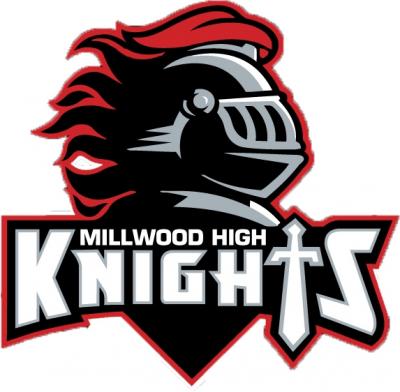Examples of plagiarism can include, but are not be limited to,
- Submitting work that you have done under someone else’s name or submitting work someone else has done under you name.
- Purchasing essays/assignments/information from internet sites or individuals and passing the essay/assignment/information in as your own work.
- Quoting directly – or indirectly (paraphrasing, summarizing, etc.) – from any source without proper citation. For this policy, any source does not simply mean books but can include television, radio and film; Internet sites; interviews; computer programs; images, etc. Basically, you must cite anything that you did not come up with on your own.
- Writing an assignment for someone else or allowing someone to copy your assignment for them to submit for credit.
- Taking a test for someone else.
- Self-plagiarism is submitting work for a class that you have already submitted to another class for credit without obtaining the teacher’s permission. The consequence for this is the same as other forms of plagiarism. High School. Teachers, administration, students and the community work together to help
The consequences of academic dishonesty (plagiarism, cheating, etc) extend beyond this school’s walls. Did you know universities could withhold degrees, expel students (with no refund of paid fees) for academic dishonesty? Employers can even terminate employment for falsifying information.
